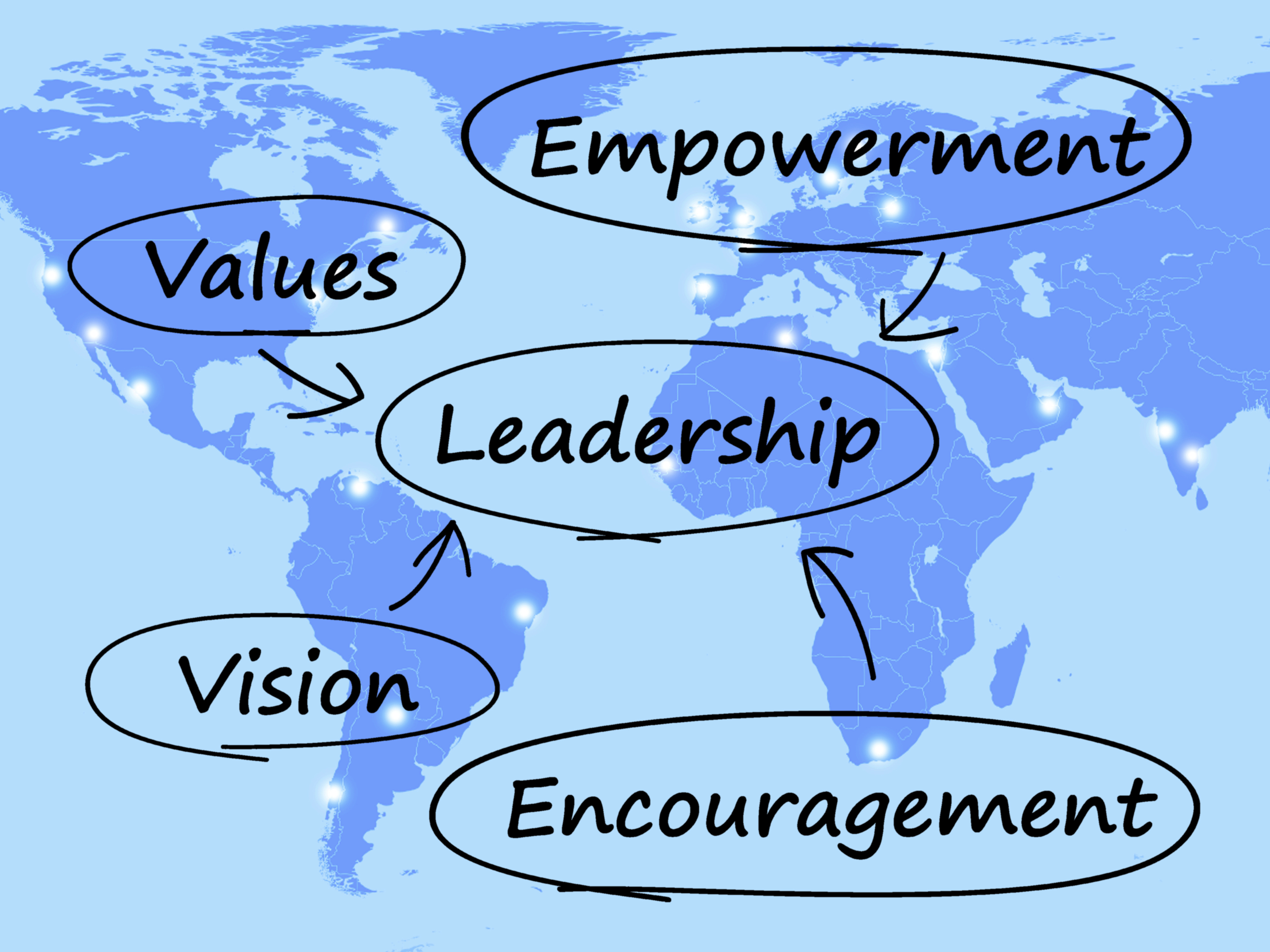I ran into a friend who started working for a new company since I last saw her a year ago. Her job puts her in contact with leaders from several
departments regularly.
Her conversation with me was all about what she was observing about the difference in leadership styles and the effect they were having not only on
her ability to perform the tasks of her job, but also on her emotional well-being.
As a mother, she was comparing their styles of operation to the life skills and lessons that she was trying to impress on her teenage son daily.
Unfortunately, she was discouraged by the kind of leadership that she has to sit under. The more she talked, the more interested I became in her
analogy to getting her teenager to move toward adulthood and acting like a grown up and the leaders she was faced with daily.
I thought about the kind of leadership we are seeing today in all areas of life and about the life lessons that were impressed on me growing up.
Being a parent and a former teacher, I am familiar with the lessons that are still being impressed upon our young people today and wonder how much
impact the models of leadership they see are having on them.
As I began to focus on the basic lessons that are important as teens develop in to grownups, three things kept ringing true.
1. You Don’t Have to Respond to Everything Bad Someone Says About You
In other words, sometimes you just have to ignore what people say. With the popularity of social media, in particular Twitter, we are seeing
leaders in every arena “clapping back” at every remark harder and faster. Just the opposite of what we are trying to teach our budding young adults
to do. Real leadership requires a higher skill level around managing feelings, triggers and reactions. People are often unhappy sitting under the
leadership of a person who doesn’t know how to walk away or who just cannot let a remark go unanswered.
2. Do Unto Others As You Would Have Others Do Unto You
The golden rule which exists in a similar form in almost every culture and language is still something that is taught starting in childhood. The best leaders who create climates where people feel respected and cared about are those where leaders live by this rule. These leaders don’t name-call, scream, berate and intimidate their staff in order to get them to fear them and produce more. They know that the very things that they hate being done to them are the things that will cause resentment, dissatisfaction and a desire to leave the company.
3. Keep Your Word
Your word is your bond. It is all you really have. It is still a principle that sets leadership apart. In order to adhere to this principle, a leader has to be discerning. They have to think hard about what they want to give their word to because people will remember. Leadership that inspires loyalty and high productivity begins and ends with a leader who keeps their word to their team, their followers and their loved ones. Yes, leaders who understand that these days when the world can follow your every move, the separation between business and personal is getting smaller and smaller, don’t save principled behavior just for the office.
As more businesses reap the results of ineffective leadership, it seems to be turning out that childhood lessons aren’t just for childhood.





